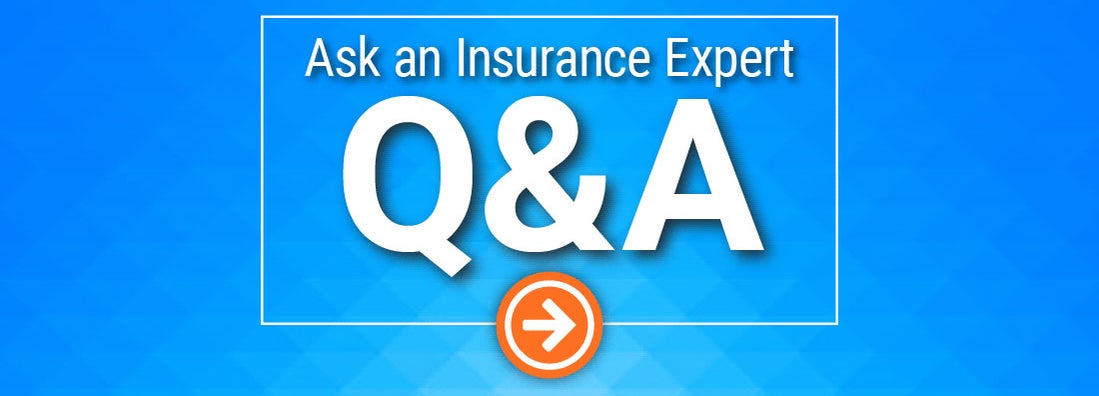How Does Auto Insurance Work?

Q: How does auto insurance work?
I know I'm required to have it, but I'm not sure I totally understand exactly what auto insurance is and what it does and does not cover.
A: It is ironic that one of the most purchased insurance products in society is such a mystery to those who buy it. Auto insurance is designed to do two things: pay for damage you do with your car, and pay for damage done to your car.
First, liability insurance– for damage you do with your car - is required by the government in most circumstances. It pays for bodily injury or property damage caused by the negligent operation or use of your auto. It will defend you in lawsuits for damages, including paying for the lawyers to defend you. It is, however, subject to the limit of insurance shown on the policy. If you buy low limits, you won’t have much money with which to pay off the other parties for their damages. Just because you run out of limit, doesn’t mean that’s all you owe. You could be sued for more than your limit, and you might have to pay the excess amount yourself. Liability coverage doesn’t cover every kind of event, and there are exclusions in the policy. For example, the standard policy won’t cover using your car as a taxi, or using it to haul property for a fee.
Also in the category of damage you do with your car are injuries that you and your family or passengers could suffer in an accident. Coverages such as Medical Payments or Personal Injury Protection are designed to pay for medical bills associated with auto accidents.
Second, collision and "other than collision" insurance coverage – for damage that is done to your car -- is generally left up to you, the car owner, unless you took out a loan or leased the car. Collision coverage is for when you hit something. "Other than collision" is when anything else happens to your car (with exclusions that apply, of course). Both coverages have a deductible, meaning you pay the first $500 (or whatever the amount) of the damage, and the insurance company pays the rest. The maximum amount each of these will pay for damage to your car is its actual cash value, meaning what it would get in the marketplace, in its condition before the accident.
One other part of car insurance that is also a puzzle is Uninsured or Underinsured Motorist coverage. This optional coverage is designed to pay you if the other guy was at fault and didn’t have any insurance, or didn’t have enough. This coverage varies significantly by the state you live in.
To better understand these coverages and the consequences of purchasing or not purchasing them, consult with your Trusted Choice independent agent.
